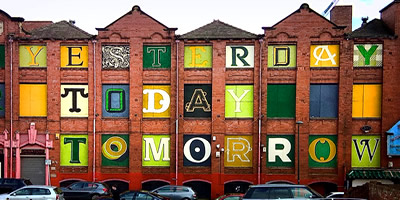Subject and Object Pronouns

The subject pronoun goes before the verb. The object pronoun goes after the verb or after a preposition. Examples: I love you. She plays tennis with him. This land was made for you and me. (Woody Guthrie, This land is your land) Subject pronoun Verb Object Pronoun 1st person singular 2nd person singular 3rd person sing. (m) 3rd person sing. […]
Read more







